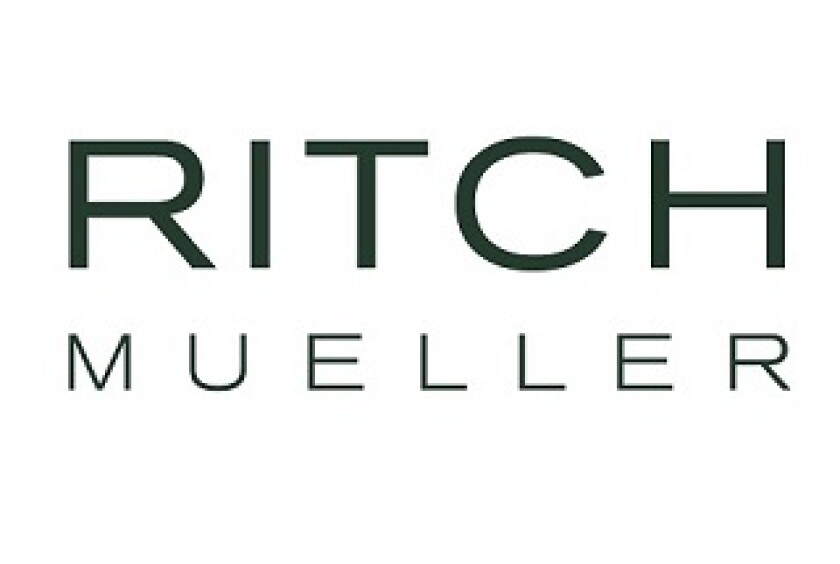
It has been common practice for groups operating in Mexico to subcontract all personnel in order to mitigate the impact of mandatory employee profit sharing and labour risks. This has generally been done by either setting up an intragroup service company that houses the group’s employees and renders services to the other group companies, or by subcontracting third parties that render services with their own employees.
Service companies recognise as taxable income the service fee received from the contractor, which covers the cost of labour plus a mark-up, and are able to deduct their payroll. Additionally, service companies should shift a 16% VAT on such fees to the contractor. In turn, the contractor is generally able to deduct the service fee for income tax purposes and credit the 16% VAT paid on such services.
Several tax precedents emerged during 2016 when the Mexican tax authorities intended to reject the deduction of the service fee paid by the contractor, or disallow the corresponding VAT credit, by making an assessment of the nature of the contractor/subcontractor relation based on the provisions of the Federal Labour Law. Tax and federal courts upheld opposing positions and divergent approaches to reach their conclusions, which generated a great deal of uncertainty for the contractors, which in a couple of cases were deemed employers of the service companies’ employees for tax purposes.
The tax authorities issued new rules for 2017 in order to clarify their position and strengthen the requirements for contractors to be able to deduct for income tax purposes the service fees paid to subcontractors, and claim the corresponding VAT credit. The reform included several amendments to the Mexican Income Tax Law, Value Added Tax Law and Miscellaneous Tax Rules.
In general terms, the recent changes require the contractor to obtain certain information on the payments made by the subcontractor to its employees, including copies of payment slips and timesheets associated to the services provided to them, and regarding actual payment of the VAT to be submitted by the subcontractor to the tax authorities. Non-compliant contractors would not be able to deduct the service fees for income tax purposes and/or claim the corresponding VAT credit.
It is worth noting that the new requirements included in the tax laws refer in general to subcontracting arrangements regulated under the Federal Labour Law, without making any distinction among different types of service agreements. As a result, it could be interpreted that the new legislation covers all types of service agreements, even if not related to the outsourcing of personnel.
The above conclusion is very sensitive because if contractors make a distinction between personnel outsourcing contracts and other subcontracted services they may weaken their employee profit sharing planning.
Contractors must meet the new requirements as of January 2017. However, the tax authorities granted an extension that allows them to meet such requirements by July 2017, regarding services subcontracted from January through to June 2017.
Taxpayers must carefully review the documentation supporting their subcontracting arrangements from a tax and labour perspective to determine their tax position regarding the new requirements included for 2017 and, if deemed necessary, obtain all applicable documentation in order to submit it to the tax authorities by July 2017 to avoid risking the deduction of the service fees for income tax purposes and the corresponding VAT credit.
It is also recommendable to evaluate if a ruling should be requested from the tax authorities in order to confirm which specific service contracts should be excluded from the new reporting obligations (e.g. auditors, advisers, time charters, brokerage agreements, freights, to mention a few).
This article was written by Oscar A. López Velarde and Santiago Díaz Rivera Bravo of Ritch, Mueller, Heather y Nicolau, S.C.
Oscar A. López Velarde (olopezvelarde@ritch.com.mx)
Santiago Díaz Rivera Bravo (sdiazrivera@ritch.com.mx)
Ritch, Mueller, Heather y Nicolau, S.C.










